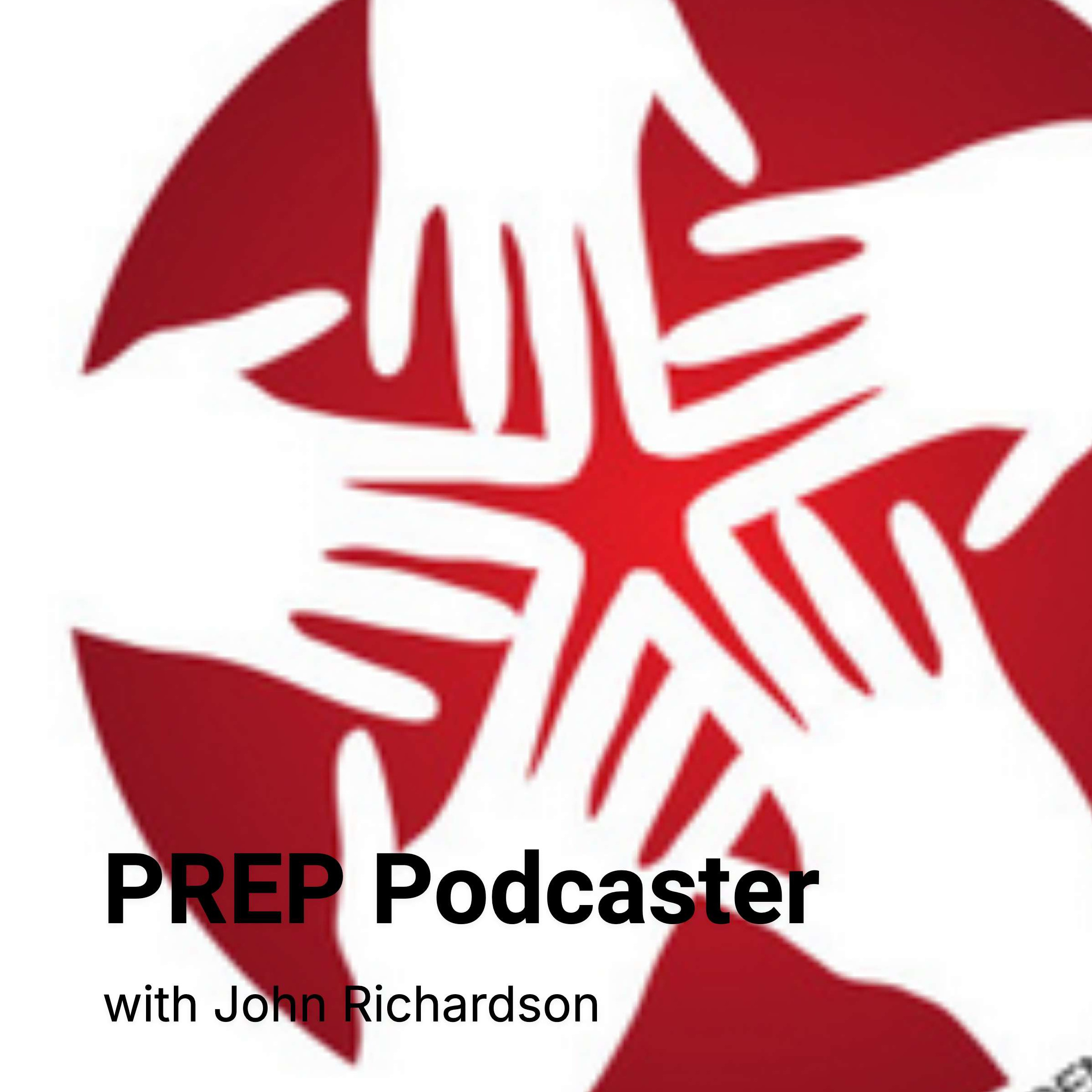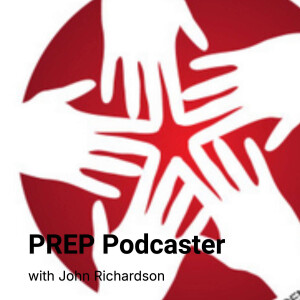October 11, 2024 - Participants include:
Dr. Karen Alpert - @FixTheTaxTreaty
Dr. Laura Snyder - @TAPInternation
John Richardson - @Expatriationlaw
About SEAT:
The purpose of SEAT has been and continues to be to conduct research (including the SEAT survey), prepare position papers, make submissions by SEAT to various governments, facilitate advocacy by individuals impacted, file amicus briefs and provide a centre for educating interested parties about the U.S. extra-territorial tax regime. (SEAT's work may be found on the SEAT website.)
SEAT believes that the problems caused to Americans abroad by the U.S. extraterritorial tax regime can be ended ONLY by severing citizenship from tax residency. We encourage the United States to join the rest of the world by taxing individuals on the basis of residence and source and NOT based on the citizenship of an individual.
This particular podcast is a response to a Tax Notes article discussing the recent Trump proposal to end the double taxation of Americans abroad. The article is found here:
https://www.taxnotes.com/tax-notes-today-federal/financial-reporting/trump-vows-end-double-taxation-overseas-citizens/2024/10/11/7m68f
Of particular interest, and the reason for this podcast, is the following excerpt quoting Professor Avi-Yonah:
"Reuven S. Avi-Yonah of the University of Michigan Law School believes concerns over double taxation are exaggerated, noting that in addition to the income exclusion limit and tax credit, many U.S. citizens live in countries that have a tax treaty with the United States, and those treaties often provide “tiebreakers” to ensure there isn’t double income taxation. “Thus, the double taxation argument is spurious,” Avi-Yonah said in an email. “There are many more cases where Americans living overseas enjoy double non-taxation because of sections 911 or 933 than cases of double taxation.”
We disagree both the general sentiment expressed and the claim that the treaty tie-break provision is available to U.S. citizens living outside the United States.
AI Description:
"In this episode, John Richardson from Toronto, Canada, discusses a major proposed development in U.S. taxation policy with Dr. Laura Snyder in Paris and Dr. Karen Alpert in Australia. President Trump's recent announcement to end the double taxation of American citizens abroad has stirred significant interest and controversy. The discussion centers around an article from Tax Notes and the differing perspectives described in the article about this policy shift.
Dr. Snyder and Dr. Alpert, both members of the organization "Seat Stop Extraterritorial American Taxation Now," delve into the complexities and implications of the U.S. tax system for Americans living overseas. They critique the views of Professor Ruven Avi-Yonah, who argues that concerns over double taxation are exaggerated and often mitigated by the "treaty tie break" provision tax treaties.
The conversation highlights the challenges faced by expatriates, including definitional and timing issues in tax codes, which can lead to double taxation despite the existence of tax treaties. The episode calls for more inclusive dialogue involving experts with firsthand experience of these tax challenges, advocating for a reevaluation of the U.S. citizenship-based taxation system."


